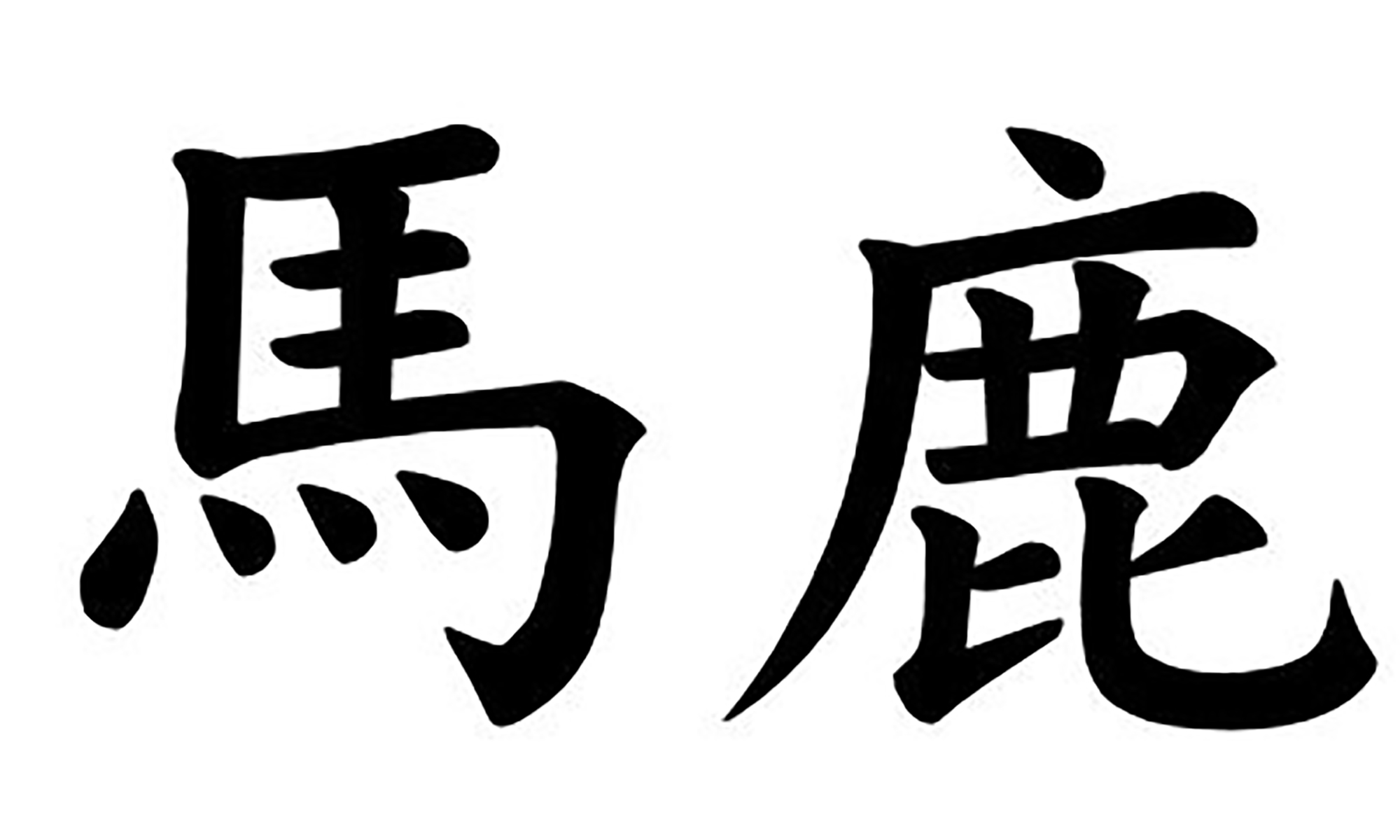John J. Miller points out idiocy at the Corner:
Adam Gopnik Wants Your Guns [John J. Miller]
Writing on V-Tech in the New Yorker, he informs us:There is no reason that any private citizen in a democracy should own a handgun. At some point, that simple truth will register.
All I have to say to that is this (from H. Beam Piper, Space Viking, 1962):
The Mardukans talked a lot about democracy. They thought well of it; their government was a representative democracy. It was also a hereditary monarchy, if that made any kind of sense. Trask’s efforts to explain the political and social structure of the Sword-Worlds met the same incomprehension from Bentrik.
“Why, it sounds like feudalism to me!”
“That’s right; that’s what it is. A king owes his position to the support of his great nobles; they owe theirs to their barons and landholding knights; they owe theirs to their people. There are limits beyond which none of them can go; after that, their vassals turn on them.”
“Well, suppose the people of some barony rebel? Won’t the king send troops to support the baron?”
“What troops? Outside a personal guard and enough men to police the royal city and hold the crown lands, the king has no troops. If he wants troops, he has to get them from his great nobles; they have to get them from their vassal barons, who raise them by calling out their people.” That was another source of dissatisfaction with King Angus of Gram; he had been augmenting his forces by hiring off-planet mercenaries. “And the people won’t help some other baron oppress his people; it might be their turn next.”
* * * * *
“You mean, the people are armed?” Prince Bentrik was incredulous.
“Great Satan, aren’t yours?” Prince Trask was equally surprised. “Then your democracy’s a farce, and the people are only free on sufferance. If their ballots aren’t secured by arms, they’re worthless. Who has the arms on your planet?”
“Why, the Government.”
“You mean the King?”
Prince Bentrik was shocked. Certainly not; horrid idea. That would be … why, it would be despotism! Besides, the King wasn’t the Government, at all; the Government ruled in the King’s name. There was the Assembly; the Chamber of Representatives, and the Chamber of Delegates. The people elected the Representatives, and the Representatives elected the Delegates, and the Delegates elected the Chancellor. Then, there was the Prime Minister; he was appointed by the King, but the King had to appoint him from the party holding the most seats in the Chamber of Representatives, and he appointed the Ministers, who handled the executive work of the Government, only their subordinates in the different Ministries were career-officials who were selected by competitive examination for the bottom jobs and promoted up the bureaucratic ladder from there.
This left Trask wondering if the Mardukan constitution hadn’t been devised by Goldberg, the legendary Old Terran inventor who always did everything the hard way. It also left him wondering just how in Gehenna the Government of Marduk ever got anything done.
Maybe it didn’t. Maybe that was what saved Marduk from having a real despotism.
“Well, what prevents the Government from enslaving the people? The people can’t; you just told me that they aren’t armed, and the Government is.”
He continued, pausing now and then for breath, to catalogue every tyranny he had ever heard of, from those practiced by the Terran Federation before the Big War to those practiced at Eglonsby on Amaterasu by Pedrosan Pedro. A few of the very mildest were pushing the nobles and people of Gram to revolt against Angus I.
“And in the end,” he finished, “the Government would be the only property owner and the only employer on the planet, and everybody else would be slaves, working at assigned tasks, wearing Government-issued clothing and eating Government food, their children educated as the Government prescribes and trained for jobs selected for them by the Government, never reading a book or seeing a play or thinking a thought that the Government had not approved….”
Most of the Mardukans were laughing, now. Some of them were accusing him of being just too utterly ridiculous.
“Why, the people are the Government. The people would not legislate themselves into slavery.”
He wished Otto Harkaman were there. All he knew of history was the little he had gotten from reading some of Harkaman’s books, and the long, rambling conversations aboard ship in hyperspace or in the evenings at Rivington. But Harkaman, he was sure, could have furnished hundreds of instances, on scores of planets and over ten centuries of time, in which people had done exactly that and hadn’t known what they were doing, even after it was too late.
